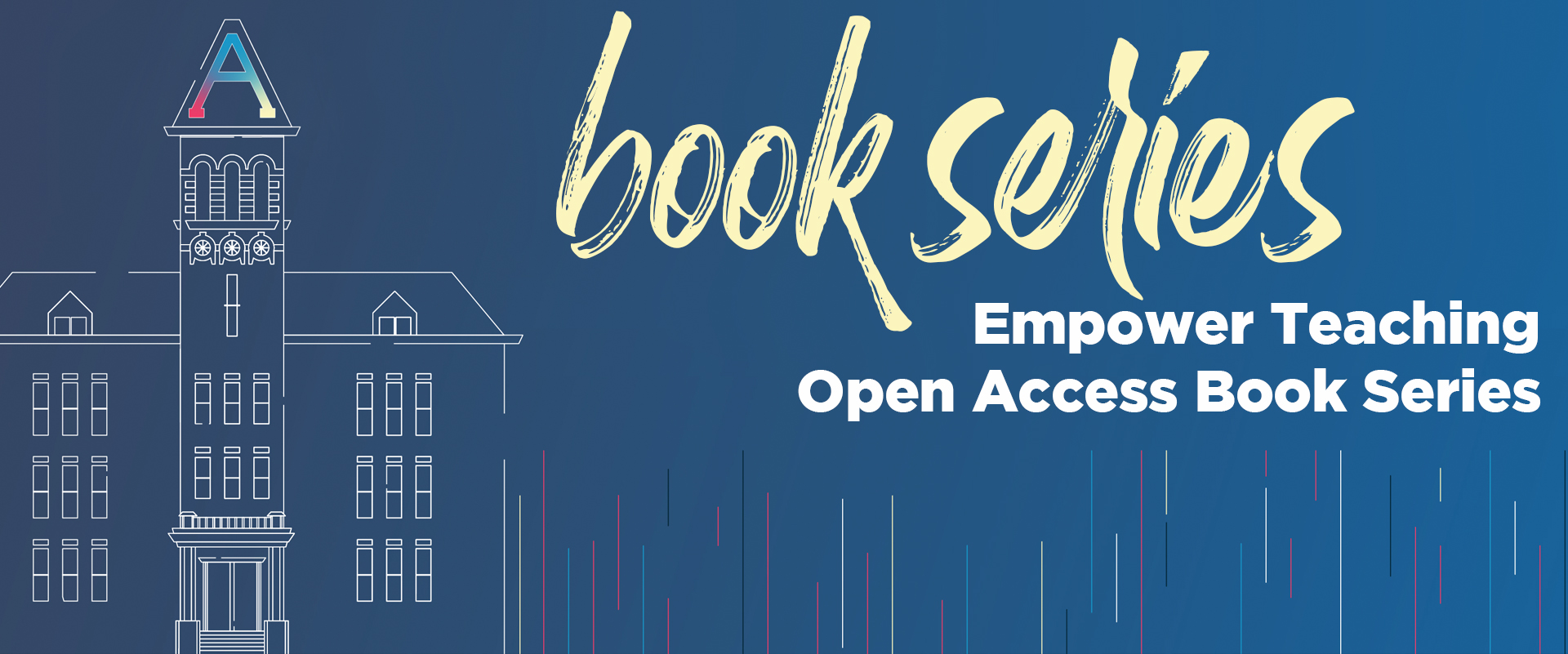Document Type
Chapter
Journal/Book Title/Conference
Making Connections: A Handbook for Effective Formal Mentoring Programs in Academia
Editor
David Law & Nora Domínguez
Publisher
Utah State University
Publication Date
5-15-2023
First Page
387
Last Page
395
Creative Commons License

This work is licensed under a Creative Commons Attribution-Noncommercial-No Derivative Works 4.0 License.
Abstract
In this chapter, we discuss high-impact mentoring practices for graduate students in science, technology, engineering, and mathematics (STEM). We make a case for inclusive and assets/strengths-based mentoring approaches as a strategy for increasing the number of doctoral degrees awarded to historically underrepresented minorities (i.e., Hispanics, African Americans, Native Americans, Alaska Natives, and Pacific Islanders); improving their levels of satisfaction with doctoral programs and reducing the notoriously extended time to the PhD that they endure. We offer two examples of national programs committed to promoting graduate student success through professional development and mentoring strategies in which instrumental support, sponsorship, psychological support, and access to funding play key roles. We also summarize relevant aspects of assessing a mentorship project and highlight the culture of an institution with sustainable mentoring practices. We conclude with recommendations and provide additional perspective on the need for scaling up the replication of evidence-based practices through effective activities such as mentorship workshops for faculty.
Recommended Citation
Flores, Benjamin C.; Shenberger-Trujillo, Jessica; and Montes, Milka, "Chapter 21- Mentoring Graduate Underrepresented Minorities in STEM" (2023). Making Connections. Paper 23.
https://digitalcommons.usu.edu/makingconnections/23


